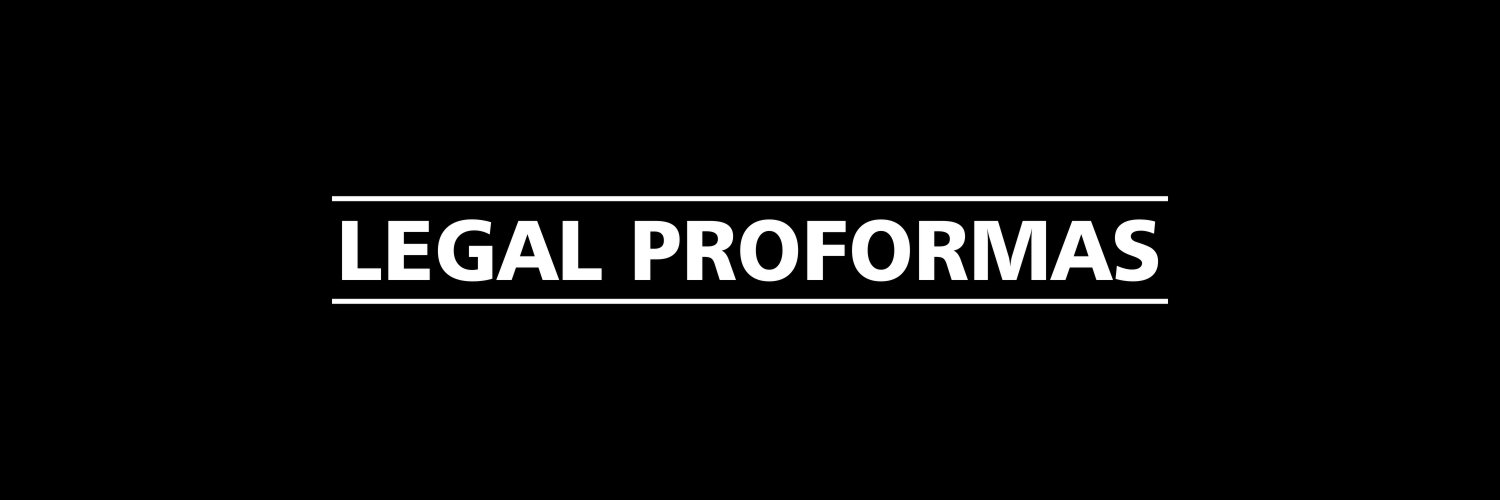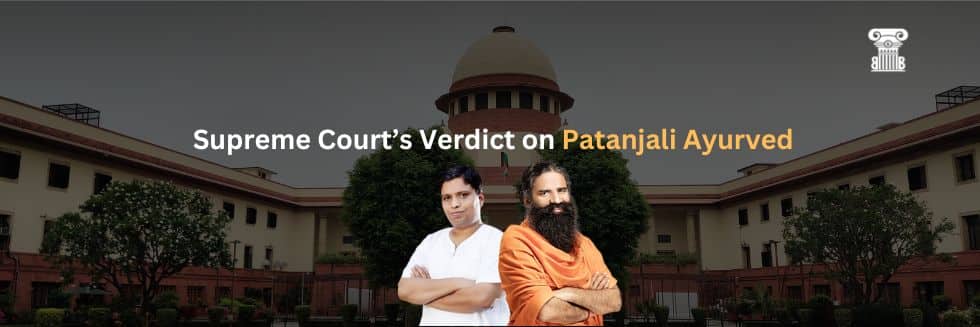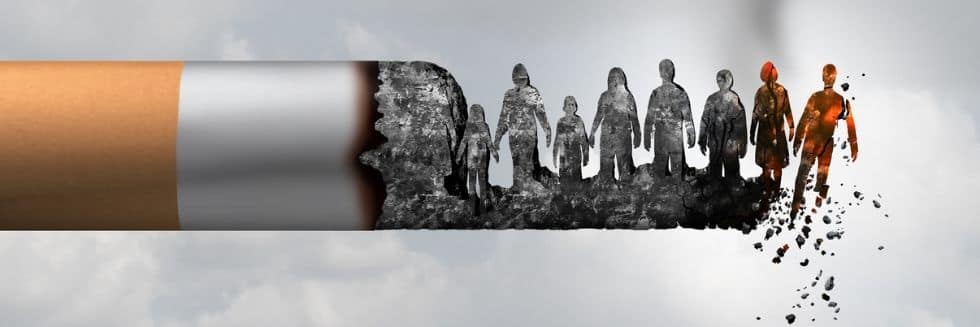What was the Need of Consumer Protection Act?
Before the enactment of The Consumer Protection Act, 1986, there was no specified platform for the consumer to get their disputes resolved, as such the market scenario was a considered as a sellers market. The general principle of caveat emptor was followed. Consumers had a very limited scope of their grievances resolved and they were dependent on the mercy of the seller or the service provider. With the passage of time, the need and demand of a consumer favoring laws led to the enactment of Consumer Protection Act, 1986 and with the enactment of this Act the trend shifted from caveat emptor to caveat venditor meaning seller beware.
Consumer Protection Act, 1986
The Consumer Protection Act came into force on 24.12.1986. This Act solely focused on protecting the rights of the consumers who were harassed and humiliated by the hands of the seller or service provider. It also provided a forum at which the consumers can approach for redressal of their disputes. This Act has established District forums in every district of India, State Consumer Commissions having appellate and original jurisdiction in every state of India and National Consumer Commission having original and appellate jurisdiction in Delhi.
Key features of the Act
- Reasonable court fee.
- Pro Consumer Approach adopted by forums, state commission and National Commission.
- Fast and efficacious remedy.
- Own procedure can be formulated.
- Punitive powers also granted to forums, state commission and National Commission.
Who can approach District Forum?
According to the Act, any person who is a consumer can approach District Consumer Disputes Redressal Forum for redressal of his grievance. The term ‘consumer’ has been defined under section 2 of the Act. According to the Act, any person who buys or avails some services for a consideration either paid or to be paid for his own use is a consumer. Any consumer who is aggrieved by the deficiency in service by the service provider can approach the district forum established under section 11 of the Act and according to the principals laid down under section 12.
The term ‘own use’ has got clarity by plethora of judgments passed by the National Commission. The scope has widened and now in the term ‘consumer’ those people are also included who are indulged into commercial activities for earning their own livelihood. For example : a person buys a commercial pickup truck for using it for commercial purpose and his bread and butter is solely based upon the profits derived from plying the said pickup truck, then the said person shall be under the ambit of the term consumer.
It must be noted that there is a pecuniary jurisdiction of the forums and the state commissions. The District forum only has a jurisdiction to deal with disputes in which the value of the matter involved is upto Rs. 20 lakhs, thereafter uptill Rs. 1 crore, the jurisdiction is of State Commissions and above Rs. 1 crore, only the national commission is having the pecuniary jurisdiction to entertain the dispute. For the purpose of pecuniary jurisdiction the National Commission in the year 2014 in the case titled as Ambrish Kumar Shukla vs Ferrous Infrastructure has established that the subject value of the product or service has to be taken into consideration not the value of relief claimed. This judgment led to withdrawal of complaints pending before the District forums and the State Commissions which only created a hardship for the complainants as they were already suffering by the hands of the service providers and they had invested their time, energy and resources to fight the case. Even the consumers were forced to withdraw those cases which were matured for final arguments.
Scope of Consumer Forums/commissions
The scope of the consumer forums is very limited as the law of evidence and code of civil procedure is not applicable upon them. The forums can only deal with the cases where it appears that whether a prima facie case is made or not without going into the root cause of the dispute, however, if the forum is satisfied that in order to elucidate the truth a lot of evidence is required and there is a complicated question of fact is involved, the forum may refer the dispute to civil courts.









